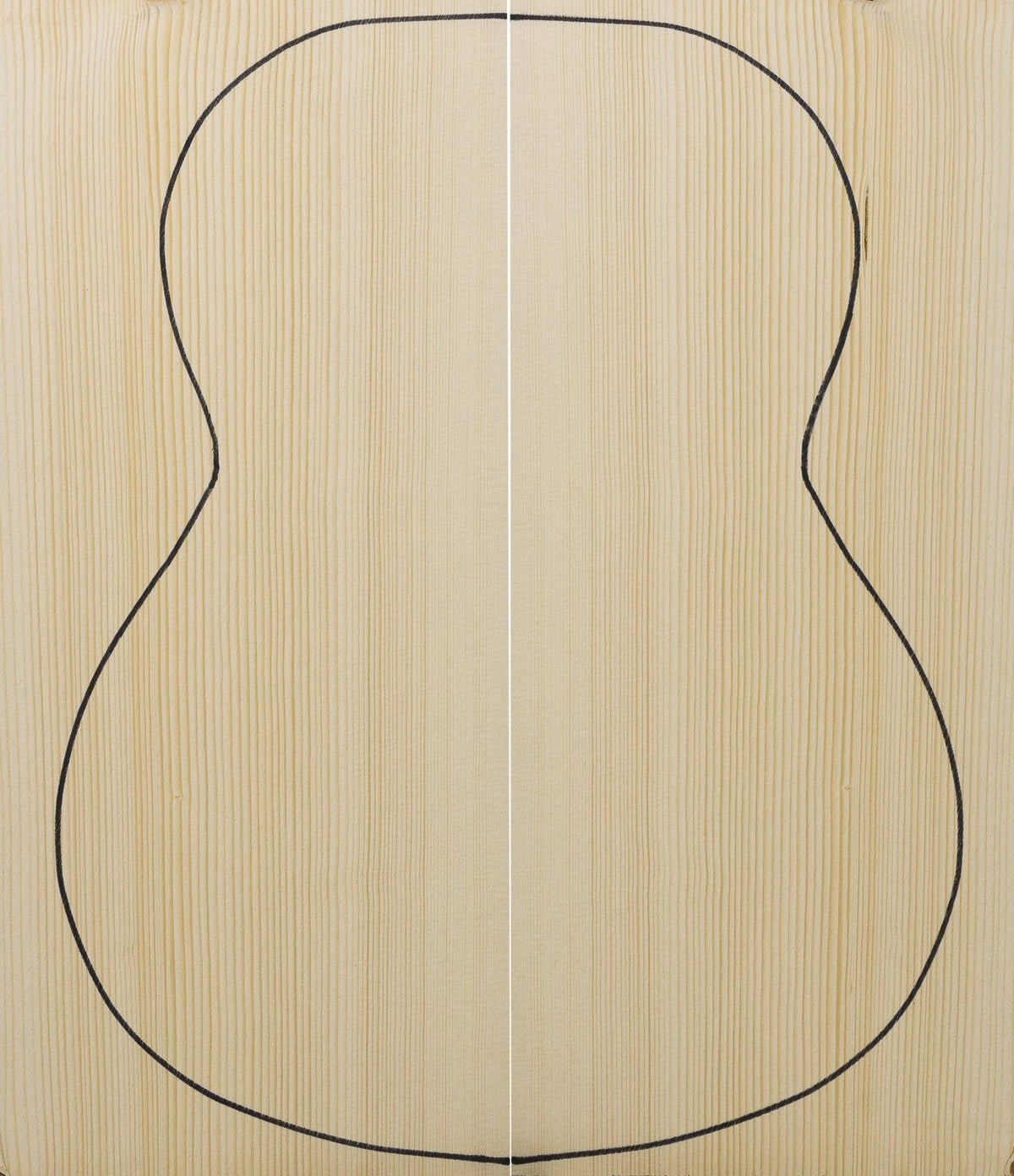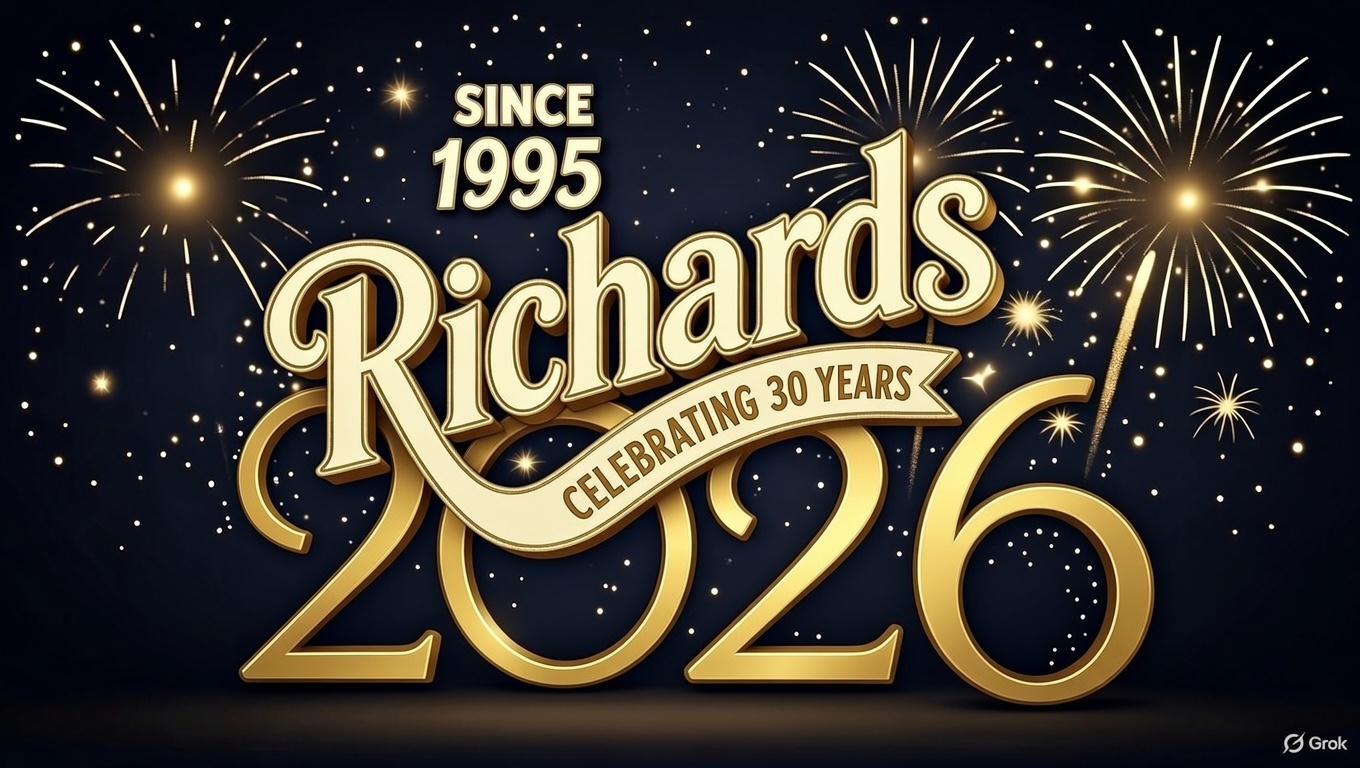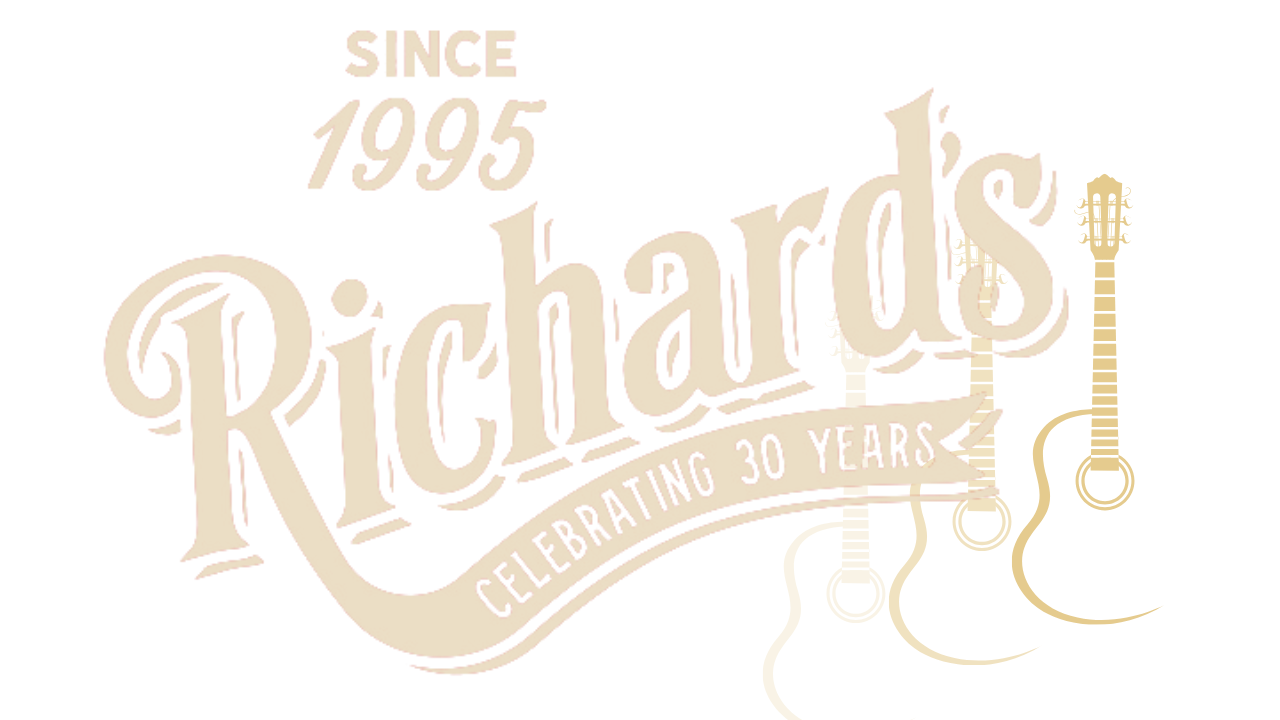
Sitka Spruce, Engelmann Spruce & Swiss Moon Spruce Comparison. Everything You Need To Know
|
|
|
Time to read 2 min


|
|
|
Time to read 2 min
The comparison between Sitka spruce, Engelmann spruce, and Swiss moon spruce showcases their unique tonal and physical properties. These differences affect the guitar's sound, playability, and appeal, catering to various playing styles and preferences.
Feature
Sitka Spruce
Engelmann Spruce
Swiss Moon Spruce
| Origin | Pacific Northwest, North America | Rocky Mountains, North America | Alpine regions (Switzerland, Austria, Germany) |
| Density | Dense and stiff | Less dense than Sitka, softer | Very light, excellent stiffness-to-weight ratio |
| Tonal Brightness | Bright and clear | Warm, smooth | Bright but refined |
| Projection | Powerful and loud | Moderate, suited for intimate settings | Articulate, resonant, and balanced |
| Overtones | Subtle overtones | Rich, vintage-like | Highly complex, bell-like |
| Responsiveness | Moderate to high, better for heavy playing | Very responsive to light touch | Extremely responsive, even at low volumes |
| Dynamic Range | Broad, handles strumming and fingerstyle | Great for light to moderate dynamics | Balanced, excels across all dynamics |
| Break-in Period | Long, develops over decades | Medium, opens up relatively quickly | Very fast, immediate tone maturity |
| Playing Style | Versatile, suited for all styles | Best for fingerstyle, light strumming | Excellent for nuanced, expressive playing |
| Aesthetic Appeal | Common, functional | Premium but less rare | Rare, prestigious, used in high-end guitars |
Style
Sitka Spruce
Engelmann Spruce
Swiss Moon Spruce
| Strumming | Excellent | Moderate | Good |
| Flatpicking | Great | Good | Excellent |
| Fingerstyle | Good | Excellent | Exceptional |
| Versatility | Highly versatile | Focused on lighter dynamics | Suited for expressive nuances |
Tone and Projection:
Responsiveness:
Break-in Period:
Sitka Spruce:
Engelmann Spruce:
Swiss Moon Spruce: